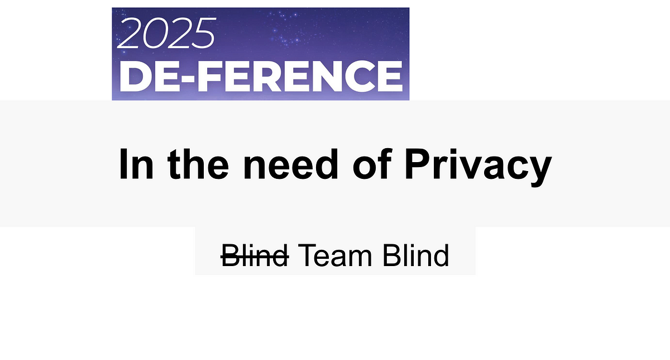Medium
1M
50

Image Credit: Medium
In the need of Privacy
- Privacy is discussed in relation to both Web2 and Web3 industries, emphasizing its importance and the challenges it faces.
- Centralized data storage has proven to be flawed, leading to massive data breaches and risks of exploitation by centralized entities.
- The rise of digital surveillance and mass data collection has created a scenario where individuals have little control over their personal information, leading to concerns of 'surveillance capitalism.'
- The urgent need to shift focus from cybersecurity strategies to rethinking data processing is highlighted, with an emphasis on trust minimization and data integrity.
- Web3 offers decentralized solutions to address the vulnerabilities of Web2 systems, promising enhanced security and reduced risk of large-scale data compromises.
- However, the transparency of Web3 architecture poses a challenge to privacy, as all data is publicly accessible by default, limiting practical applications.
- High-Value Data (HVD) includes sensitive information like financial data, healthcare records, and personal identities, highlighting the need for privacy to prevent misuse and fraud.
- Data-to-Earn (D2E) apps and Personalized AI are emerging industries that rely on user data, emphasizing the importance of secure and private data processing.
- Privacy-by-design principles are crucial for leveraging digital twins, which hold vast amounts of sensitive data and have applications in healthcare, engineering, and other industries.
- The article concludes by underscoring the shift towards privacy-first decentralization as a key aspect of the future digital landscape.
- Future articles in the series promise to explore cryptography technologies like PETs, Blind Computation, and projects aligned with Blind Computing principles to address privacy challenges.
Read Full Article
3 Likes
For uninterrupted reading, download the app